Zizek on COVID-19: On burnout and other crises
As a project deeming itself free of external and alien limitations, the I is now subjugating itself to internal limitations and self-constraints, which are taking the form of compulsive achievement and optimization”
Byung-Chul Han, The Burnout Society.
A society under lockdown is a prime example of stringent external limitations being imposed on people. Due to the COVID-19 pandemic, many countries are now under strict quarantine. Even without stepping outdoors to go to work, run errands, or travel, we still suffer from unexplained fatigue and tiredness. Why so? Observing the human condition and its coping mechanisms during such a crisis is an academic and historic duty.
Slavoj Zizek’s new book Pandemic!: Covid-19 Shakes the World (2020) devotes a whole chapter to the question of why, as a society, we feel tired even while staying at home. Some of the observations he makes, albeit whimsical and peppered with pop-culture references, are relevant and interesting. Zizek quotes Byung-Chul Han, who claims that class struggle has been reduced to an internal battle in the 21st century. Individuals see themselves as “projects.” They feel the compulsive need for achievement to catch up with the competition, who, in most cases, are themselves. In other words, we are tired because we compete without any incentive, simply because we feel we can be “better.”
We personally know people who are finding the need to reinvent or “upskill” themselves in these times. Zizek’s critique of Han that the limitations are not just internal, that intellectuals and whistle-blowers like Julian Assange have faced real external constraints such as kidnappings and imprisonments, take a backstage during this pandemic. Since the State mechanisms have much better things to do, it is true that these external threats for intellectuals are temporarily absent, or at least hidden.
But if an individual takes time during a pandemic for reinvention, leading to burnout, is there a possibility for revival when this ends? Does the reinvention save them from future burnout? Are we destined to be the burnout society forever? Or is the pandemic itself an unlikely end to the burnout society?
Han’s point about individuals being “projects” is too true for our liking. I am reminded of Jane Austen’s Emma, where a person becomes a project groomed and made ready for “the market.” Han’s idea is much more complex. He suggests that we, as a society, have internalized the competitive spirit of capitalism so much so that we are now hardwired to perceive ourselves as competing to an older version of us, almost instinctually. I do not doubt the role of technology in this. Do we not willingly download apps on mobile devices and smartwatches that measure the number of steps we take, challenging ourselves daily to get “healthier” than the day before?
We perceive ourselves as ever-developing projects undoubtedly have pros and cons. On the one hand, we are positively challenging ourselves to become well-rounded and skilled people. On the other hand, the limits to treating ourselves as projects are dictated by a capitalist superego, which does not know when to stop. How do we know we are well-rounded just enough?
The only antidote to this is a carefully ordained system of incentives or a self-regulating mechanism that tells us that we are skilled enough to live decent lives. This is what Zizek’s hope for humanity is. He wishes that humanity retains some of our “well-roundedness” with the realization that it is not just with the promise of external incentives that we can live hard-working, decent lives. He hopes that we realize the paucity of the word “more” during these testing times. Reconnecting to this state of mind even after the pandemic will be crucial during the impending economic crisis that all countries already face at varying levels.
The triple crisis that Zizek warns of – the medical, the economic, and the psychological – happen simultaneously on an individual level and at the societal level. Social media plays a vital role while dealing with these crises. For example, videos showing how to make cloth-masks that can be used instead of N-95 masks are helpful. There are articles from eminent publications like The Economist that indicate which countries and industries will incur short-term losses, and which industries will see an unexpected surge in investments. On a psychological level, almost everyone I know is turning to art, craft, and old hobbies to recover a sense of self and feel connected to humanity. Elizabeth Gilbert’s Big Magic points out that in ancient times, we created art in caves much before we began planting crops. Zizek warns against slipping into “new barbarism,” but I think physical isolation like humanity has never known in centuries, is bringing out the caveman-artist aspect in many of us! But this time, art and hobbies are not merely ways to better ourselves as projects, as Han notes. They are also therapeutic acts that compensate for physical proximity to our loved ones and acquaintances.
Surviving this pandemic hinges on learning valuable lessons. If Han calls those lessons a propensity to exploit the self, marking it an internal struggle than a situational coping mechanism that is now being embraced by almost everyone around the globe, so be it. It might help us survive this unprecedented crisis, but not without consequences. As long as we are mindful of that, we still have hope of rebuilding a society that looks close to the “normal” that we knew and grew up in, but with structural changes that Zizek advocates.
It is important to remember that we cannot leave the full responsibility for our survival onto the State. Working in our local communities to organize and design co-operative groups that outlast this pandemic, will complement the possible invasions of privacy and freedom by the State that might be waiting for us, once all this is over. In other words, we must confront every infringement with the collective organization on the ground level. But for now, do consider yourself a project. It might just be the beginning of making a bigger difference outside our own selves.
References
- Han, Byung-Chul. The Burnout Society. New York: Stanford University Press, 2015.
- Zizek, Slavoj. Pandemic!: Covid-19 Shakes The World. New York: OR Books, 2020


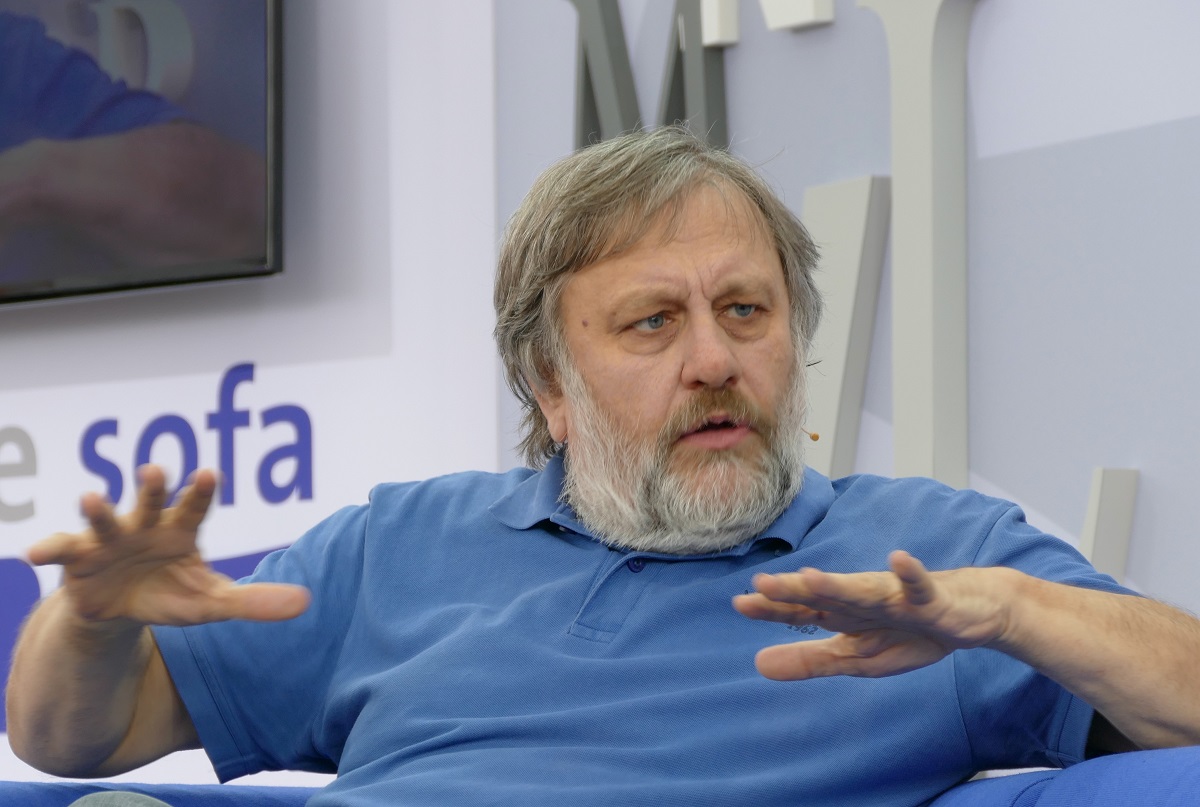
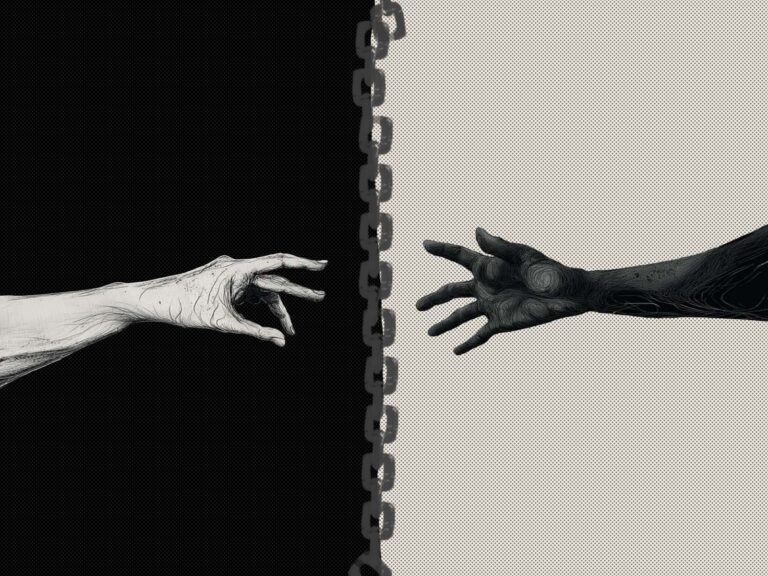
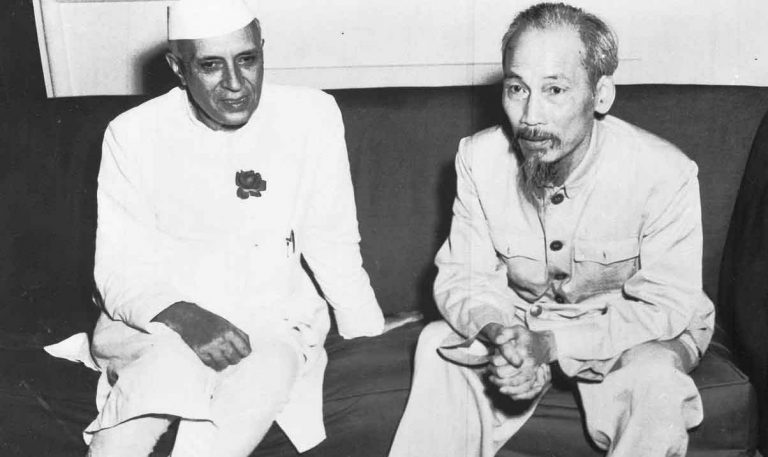
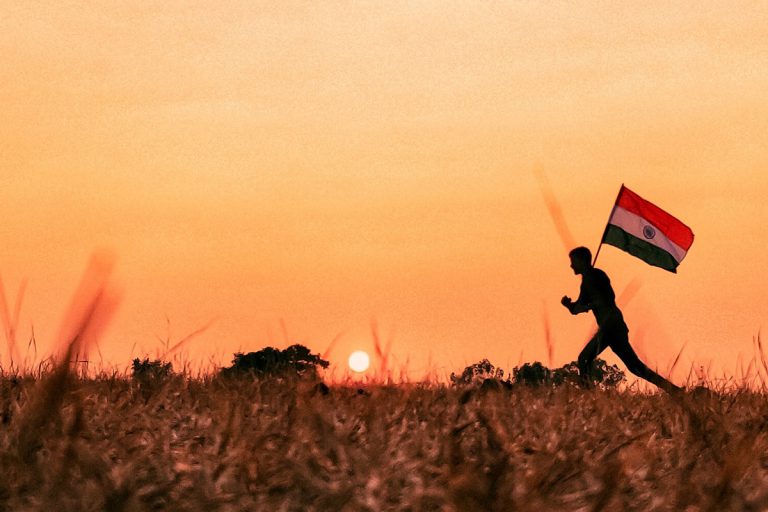
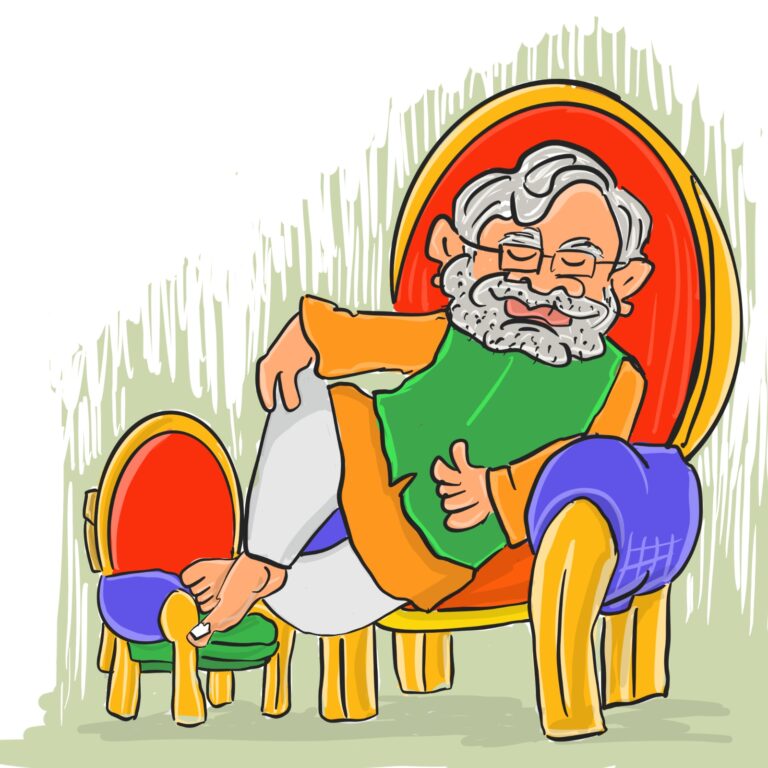
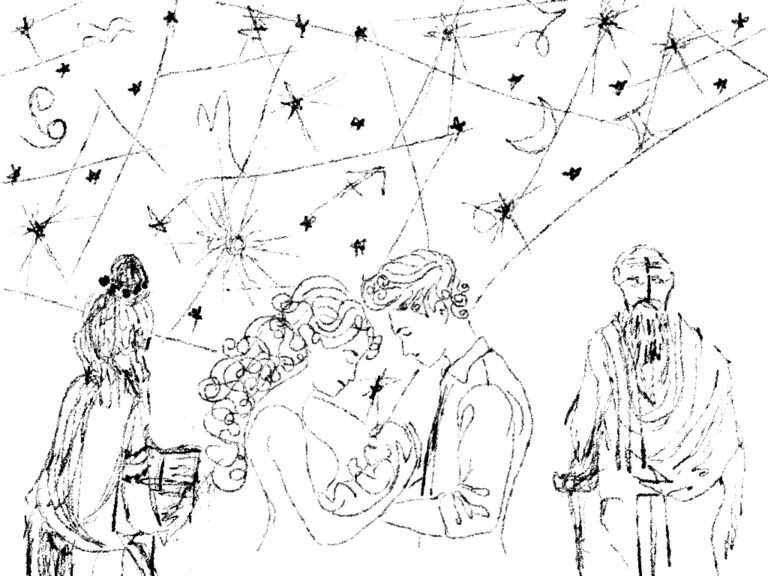
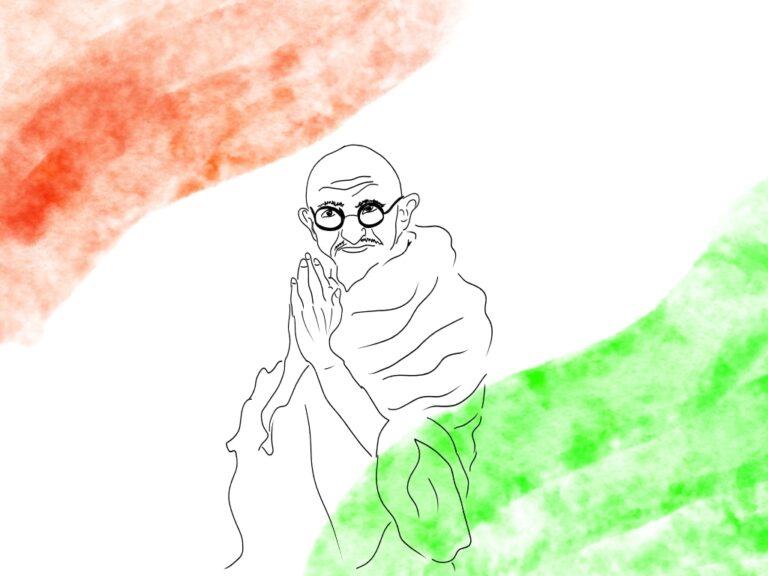
Excellent one , Athira.